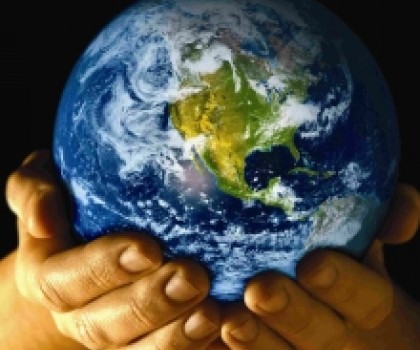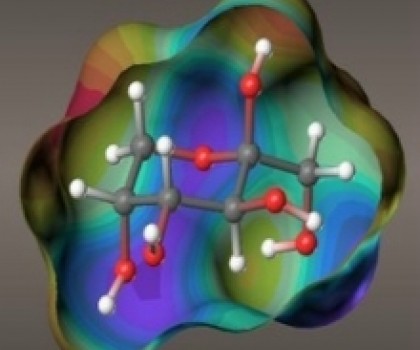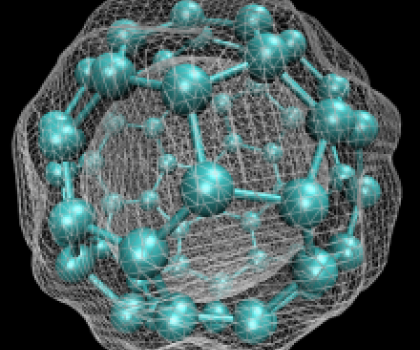Master of Science in Chemistry
SOLID THEORETICAL BACKGROUND,
HANDS-ON EXPERIMENTAL SKILLS
The Master in Chemistry is a two-year (120 ECTS) advanced study in chemistry. This MSc programme benefits from the expertise in the different research domains of both the Vrije Universiteit Brussel (VUB) and Ghent University (UGent). We offer a high-level scientific education that combines a solid theoretical background with real hands-on experimental skills and critical thinking. At the VUB, you work in modern, state-of-the-art labs and you are part of a dynamic interuniversity research group. The close ties with the VUB's bio- and civil engineering departments also illustrate the multidisciplinary nature of the VUB Chemistry education. The experience you gain during your studies provides direct access to a PhD within the fields of organic, environmental and computational chemistry.
The Department of Chemistry highly values a personal approach, which manifests itself in lectures and extensive practical exercises in small groups. You have easy access to professors and teaching staff, who are available to coach you throughout your studies. A broad choice of optional courses makes it possible to tailor your study programme to your specific interests. You are also encouraged to carry out an internship in Belgium or abroad.
STUDENTS AS SCIENTISTS
The offered courses are strongly embedded in the ongoing research programmes of both VUB en UGent. Through intensive collaboration with team members of the different research groups, you have the opportunity to develop and improve your scientific skills. VUB researchers have strong connections both within and outside of Europe, through a wide range of research projects. This close connection to research means our students are well prepared for a PhD-position in environmental, organic or computational chemistry.
INTERNATIONAL SOLVAY INSTITUTES
Chemistry in Brussels goes back to 1913, when Ernest Solvay founded the International Institute for Chemistry. In 1970, the Solvay family in association with the Vrije Universiteit Brussel (VUB) and the Université Libre de Bruxelles (ULB) founded and independent body, the International Institutes for Physics and Chemistry, to continue this important quest for the advancement of scientific knowledge. Over the years, these institutes have remained symbols of scientific excellence. The Solvay Institutes organises conferences and meetings that attract and invite the most prominent chemists today. The Chemistry Department at the VUB is proud of this tradition.
2 specialisation tracks, 1 degree
You have the choice between two specialisations: Analytical and Environmental Chemistry, and Chemical Theory, (Bio-)Molecular Design and Synthesis.
No matter what specialisation you choose, you graduate with the same Master of Science in Chemistry degree. During your studies at VUB you will acquire the most solid formation as a chemist and you will have the chance to participate in high-level research. In the framework of your Master dissertation you will be involved in fundamental and applied research and we will guide you on how to work out relevant, original and innovative solutions for contemporary issues in the broadly defined field of ‘Chemistry’. The VUB Master of Science in Chemistry is a top choice!
Chemical Theory, (Bio-)Molecular Design and Synthesis offers a thorough education in the design and synthesis of organic molecules and polymers, in which medicinal chemistry, computational chemistry and structural analysis feature prominently. In addition, advanced courses in theoretical and quantum chemistry are provided.
Analytical and Environmental Chemistry covers a whole range of analytical techniques including advanced chromatography, elemental and isotope analyses, nutrient and organic pollutant analysis. Examples of studies include natural and disturbed processes in water, sediments and atmosphere. A variety of analytical techniques are used, and new sampling and measuring techniques are designed, tested, refined and optimised.
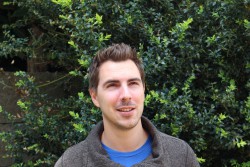
At VUB, I quickly established a passion for analytical and environmental chemistry and was able to work on organic pollutants and their deposition into land and soil as a subject for my Master's thesis. As a result of my work on dioxins and PCB's, I started a PhD in the Department of Analytical, Environmental and Geochemistry (AMGC) to continue and expand my research on these toxic compounds.
For the next 4 years, I investigated the levels of these pollutants in soil, agricultural land and ultimately their possible transfer to the food chain. To accomplish this, I collaborated with local and international research institutes, received training in the offical EU reference lab and also attended international conferences, where I presented my results to the scientific community. As a chemist, the biggest reward comes from knowing that your research matters and contributes to a better environment. Our group and the whole Chemistry Department strive to contribute to society and help students evolve into independent and critical scientists.
Kersten Van Langenhove, Postdoctoral Researcher
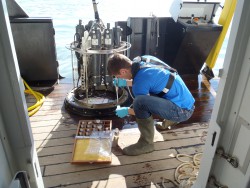
My main interest during my Bachelor tended towards analytical chemistry, more specifically to its environmental applications. By the time I started the final year of my Master’s, I had gained a strong background in applied analytical chemistry. I decided to do my Master’s thesis with a focus on marine sediments. I was offered the possibility to do my thesis with one of the foreign collaborating universities and research institutes.
Currently I am doing my PhD in the AMGC research group in collaboration with the Royal Netherlands Institute of Sea Research (NIOZ). My topic is focused on a recently (2010) discovered type of bacteria, which forms long filaments of linked cells and is named ‘Cable Bacteria’. A fascinating fact about ‘Cable Bacteria’ is that the filaments span from the top of the seafloor to several centimeters deep into the sediment, and they behave as electrical wires by generating current. This turns the upper centimeters of the seafloor into a battery, and has a strong impact on chemical cycles - for example iron and calcium cycles. Doing my PhD in Brussels allows me to live in the capital of Europe, and to work within the international network of the AMGC research group.
Sebastiaan Van de Velde, PhD student
Team Organic Chemistry:
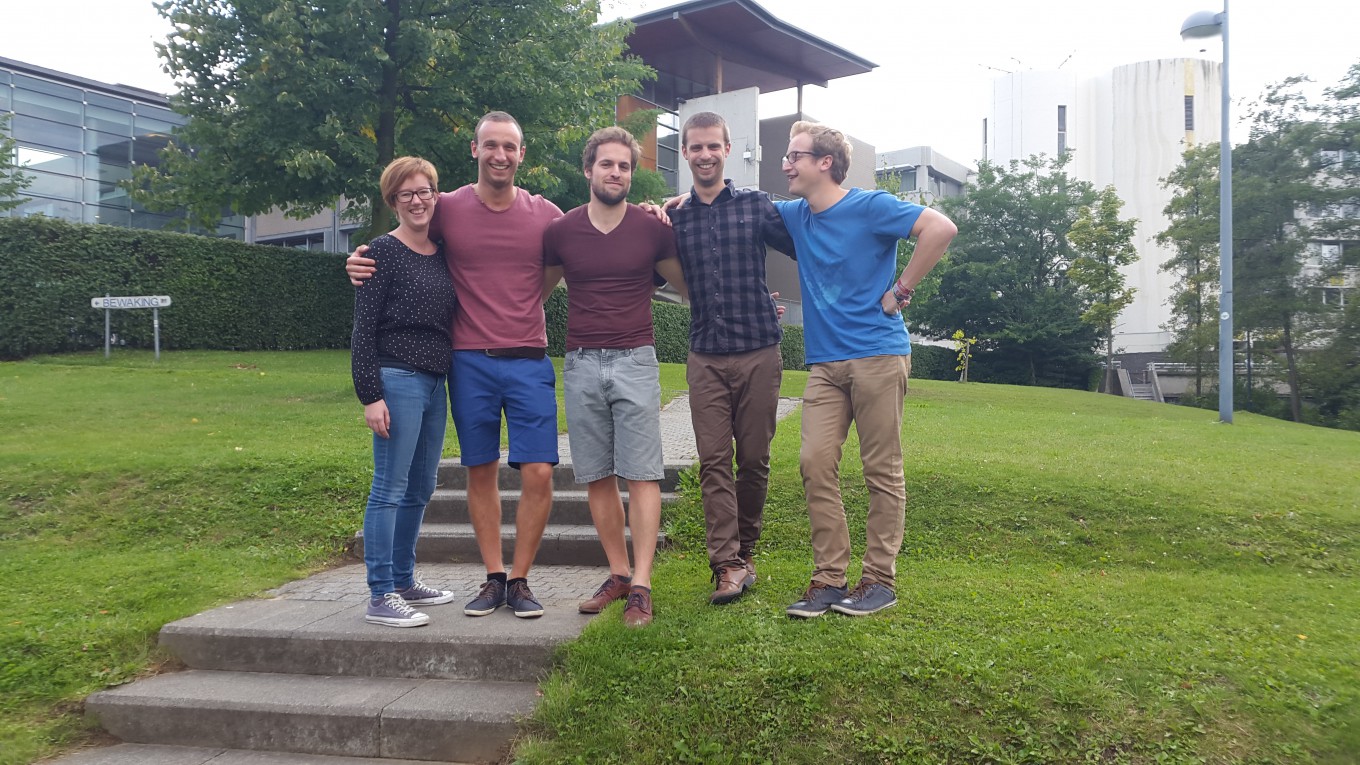
I chose to focus on Organic Chemistry in my Master studies. For me, working a whole year in the lab on my thesis was the best preparation for doing a PhD. During my thesis year I got to work independently, while at the same time I learned how to work together with fellow Master students, PhD students, Post-Docs, technical staff and promotors. This is not only an amazing experience, but it also gave me the genuine satisfaction of contributing to a new field in Organic Chemistry.
My PhD project focuses on the development and characterisation of self-assembling peptides. These peptides posess the possibility to form stable hydrogels in aqueous environments rendering them interesting materials for encapsulation of medicine for in vivo applications (controlled drug-delivery). I use my Organic Chemistry background during the synthesis of these materials, however some parts of the characterisation and potential applications drove me toward (for me) unknown areas of science, such as material chemistry, toxicity studies, rheology, etc. Not only do you enrich your own fields of interest and knowledge as a PhD student, but you also thicken your cv with experience and knowhow on a wider variety of sciences. In addition, for my research project I was able to go to Australia. This was definitely one of the most amazing experiences of my life.
Jeroen Mangelschots, PhD student
During my Bachelor in Chemistry it became clear that organic chemistry is my field of interest: challenging synthetic strategies, pleasant practical work and personal input were the key ingredients. All these factors made me want to do my Master's thesis in organic chemistry as well. The first months of this thesis period were exactly as expected: developing new synthetic pathways for new potential bioactive molecules, struggling with reactions and critical evaluation of the work, often in cooperation with colleagues and (co-)promoters. Working as a PhD student allows me to develop these competences further.
My PhD research project combines the synthesis of peptides and small molecules. Doing this kind of research in my PhD allows me to learn the necessary skills and insights needed for my further career in scientific research. An important goal of my research is the development of new transformations with diynes as substrates. The challenges faced allow me to use all the acquired knowledge on organic synthesis and developing synthetic strategies, and expanding these significantly.
Steven Verlinden, PhD student

